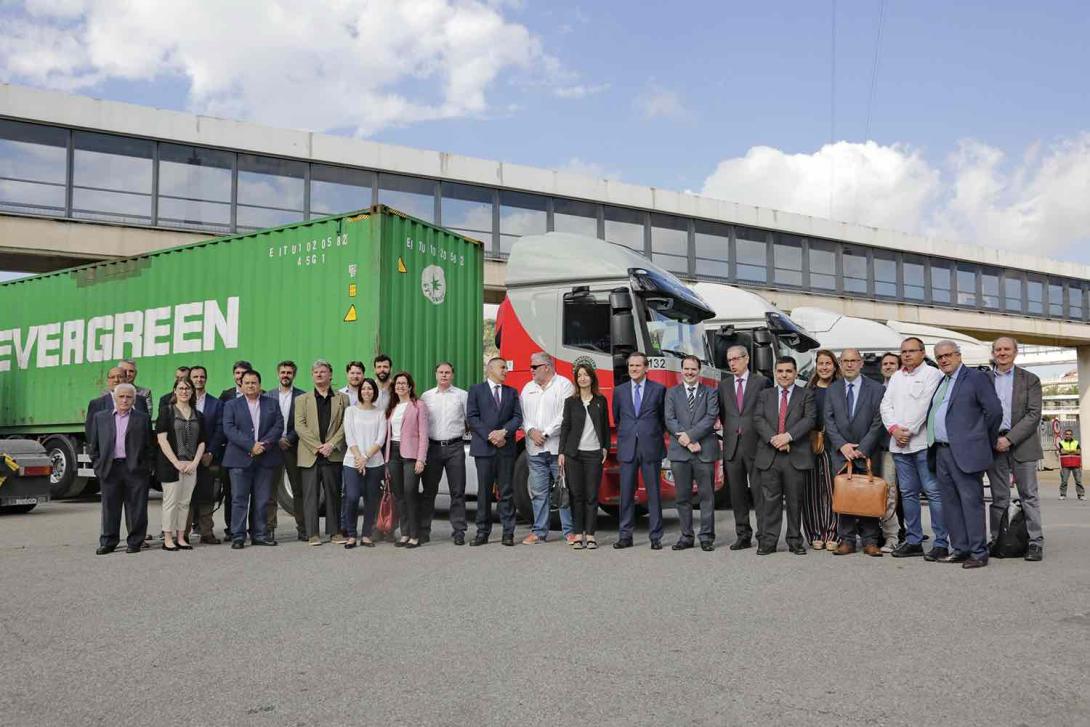
Project leader
Project partners
States Involved
The project
Project focused on reducing air pollution and noise emissions in the Port of Barcelona, in order to improve the city's air quality.
Objectives of the project
The main objectives are:
- Reduce CO, HC, NOx emissions, as well as acoustic emissions, caused by the transport of goods by truck from the Port of Barcelona to the distribution areas.
- Gather information regarding emissions.
- Improve existing technology in dual-fuel engines.
- Share the results obtained in order to promote the use of natural gas as a standard fuel in the goods distribution chain.
Expected results
The project aims to:
- Develop the necessary technological base to convert Diesel vehicles into Dual-Fuel (dual-fuel engines) so that they can operate with gas.
- Study the methodology to apply to maximise the benefits of the Dual-Fuel system and reduce emissions.
- Perform tests on vehicles with gas fuel.
- Design systems so that they can be installed in Euro IV and Euro V vehicles.
- Define and establish the LNG and CNG supply logistics chain, in order to meet the future demand for natural gas in vehicles.

Leadership of the Barcelona Port Authority
EcoMobility, one of the five RIS3CAT communities awarded in 2015, is a cluster of companies and research institutions created with the aim of reducing pollution caused by transport. Within the framework of the EcoMobility Community, the Port of Barcelona coordinates the management of the different project activities.
Logistics Hub
Contributing to the consolidation of LNG (Liquefied Natural Gas) and CNG (Compressed Natural Gas) as a real, efficient and sustainable alternative, it will be possible to create in the future a logistics hub in the port area where trucks circulate with these alternative fuels reducing pollution and consolidating a more sustainable industrial transport sector.



